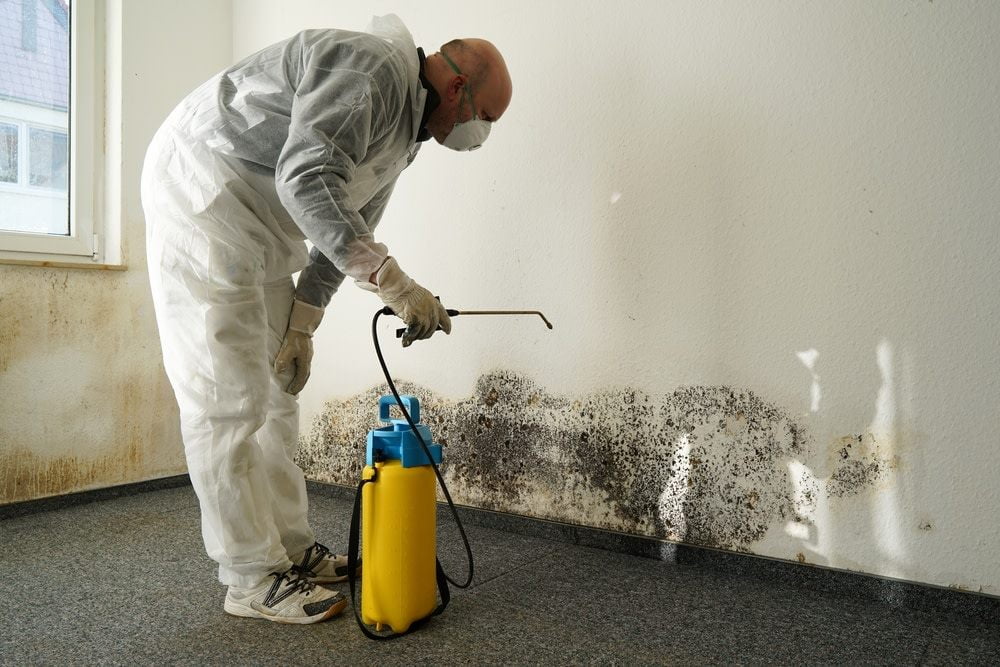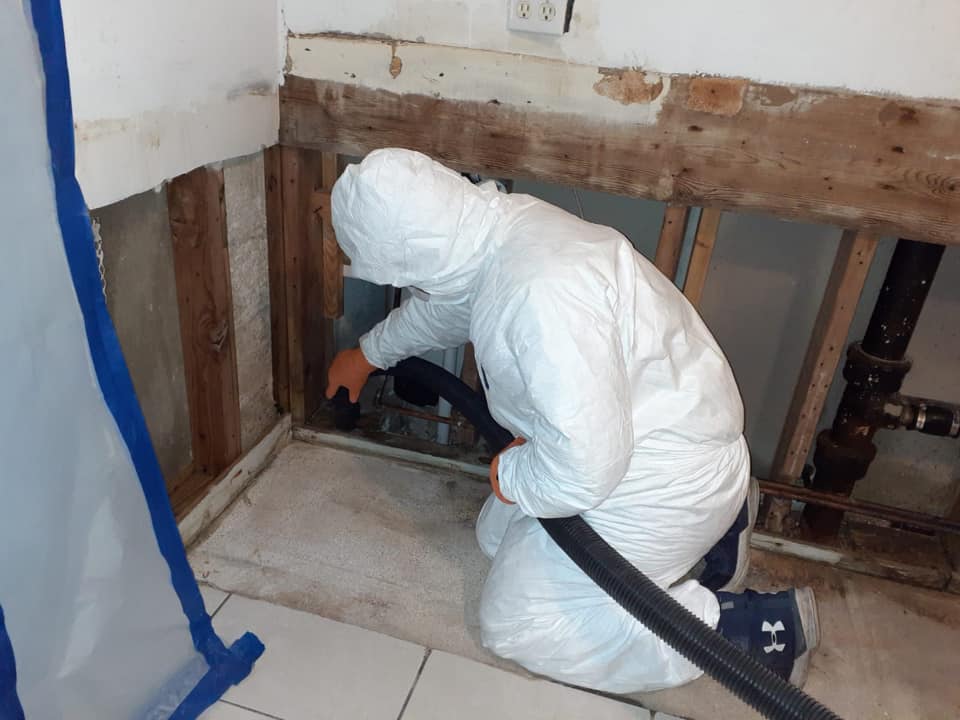How Does Heat Kill Mold: Is it Safe?
Mold is a type of fungus that can grow indoors and outdoors, and it thrives in damp, warm environments. Although mold isn’t usually harmful to humans, some people are allergic to it and it can cause respiratory problems. If you have mold in your home, you’ll want to get rid of it as soon as possible. You may be tempted on how does heat kill mold, but is this really the best method? Let’s take a look at the pros and cons of using heat to kill mold.

Using Heat to Kill Mold
What is mold and why does it grow in your home?
Mold is a type of fungus that needs moisture in order to grow and can be found indoors and outdoors. It can range in color and texture, often appearing green or black in the form of thin threads or patches. At home, mold frequently grows on damp surfaces such as walls, windowsills, and bathrooms due to humidity or flooding. It can also live on items like furniture, fabrics, carpets, and cabinets. While some varieties of harmless mold are aesthetically unpleasing, others may lead to health-related issues such as sneezing, coughing, chest tightness, skin irritation and other respiratory symptoms. Fortunately some forms of heat exposure can kill harmful molds while leaving other elements of your home unaffected.
Can heat kill mold spores and prevent them from coming back?
Heat is a viable solution for killing mold spores and inhibiting their return. When heat is applied to the affected area at a temperature of at least 140-160°F (60-71°C) for a minimum of 90 minutes, it can effectively destroy not only the visible mold but also the microscopic spores that stay dormant in walls, floors, and other surfaces. Keeping these surfaces dry and maintaining adequate ventilation are also effective measures for preventing future mold growth.
How to safely use heat to kill mold in your home
Heat is an effective tool to kill mold in your home, but it must be used carefully. Mold can be a challenge to remove in large amounts and heat can provide a cost-effective solution. Applying the right amount of heat to the affected area is key; too little and the mold will remain, while too much could cause additional damage or even worsen the issue. To ensure your safety and best chances of success, it’s important to get expert advice before using heat for killing mold in your home. Proper safety protocols should also always be followed based on any recommendations given by experts.
Are there any risks associated with using heat to kill mold spores ?
Heat is widely accepted to be an effective method for killing mold, however understanding the full scope of potential risks associated with its use is vital. As heat can create an almost impenetrable shell around a structure there is a risk that spore colonies can linger and grow unaffected by the temperatures involved, potentially amplifying problems of air quality in the vicinity. Additionally, it is important to ensure areas are properly insulated or ventilated to avoid burning out the source material being treated. Nevertheless, heat can be an efficient and cost-effective way of addressing mold issues when proper safety procedures are followed.
Tips for preventing mold growth in your home
Mold is a common environmental problem that can quickly grow out of control in your home. Homeowners can take preventive measures to reduce the risk of mold by monitoring humidity levels and regularly cleaning surfaces that are prone to moisture. Controlling temperature is another important step – studies have shown that heat can indeed kill mold, so it’s a good idea to keep an eye on indoor as well as outdoor temperatures. Investing in dehumidifiers, exhaust fans and other such appliances can also help reduce the risk of mold growth in your home.
Mold can be a serious problem in your home, but there are ways to get rid of it. Heat is an effective way to kill mold spores and prevent them from coming back. However, you need to be careful when using heat to kill mold, as there are some risks involved. Following the tips for preventing mold growth in your home will help you keep your house free of mold.

Mold Remediation
https://www.google.com/maps?cid=3599337546590963590

Recent Comments